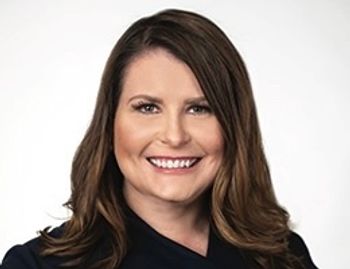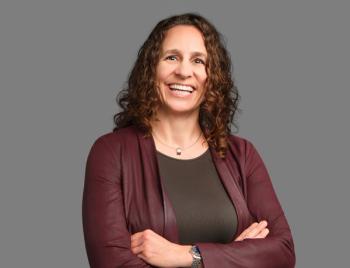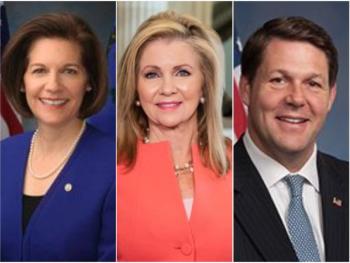
Salesforce aims to be a bigger player in healthcare
The company has developed an AI assistant for hospitals and health systems. Salesforce sees an opportunity to help patients ‘before and after care.’
Salesforce has been developing solutions using artificial intelligence for years, and now the company is looking at AI to make a bigger impact in healthcare.
The company announced in March that it is introducing a conversational AI assistant, Einstein Copilot: Health Actions. Salesforce says the AI tool will help automate clinical summaries and help healthcare organizations get better assessments on patient data. It’s designed to help improve workflows and enable providers to more easily schedule appointments and ensure patients get follow-up care.
Salesforce has said it should be HIPAA-compliant this summer, and generally available in the winter of 2024.
Sean Kennedy, Salesforce general manager of health strategy and solutions, told Chief Healthcare Executive® that the company sees great potential in using AI to help hospitals and health systems.
“When we think about how we would use AI, we're looking at it for those moments before care and after care,” Kennedy said in a recent interview. “Think about all the work it takes to get someone into care, financially clear, and medically ready to engage in care. So when they sit down with their doctor, in that encounter one on one, they're not worrying about that basic administrative data, They're focusing on getting the care rendered. And so that's where we spend a lot of our time.”
“We're going to help get the patient into care, quicker time to diagnosis, and make sure that they're getting the quality follow-ups afterwards,” he said. “That's the place that we want to play. We see a lot of room for that.”
Salesforce offers tools, such as Data Cloud for Health and MuleSoft Direct for Health Cloud, designed to give hospitals and health systems more insights from the data they already have. They can pull data from electronic health records and claims systems to offer more detailed profiles of patients, Kennedy said. The tools can track if patients miss appointments and send automated alerts.
“We bring together financial data, clinical data, social data, device data, all kinds of data that's needed to get that full 360 view of the patient,” Kennedy said.
Healthcare organizations possess enormous amounts of data, but they aren’t always able to capitalize on it to improve patient services, he said.
“They get a lot of data,” Kennedy said. “They're swimming, they're drowning in their data, but it's just across hundreds, dare I say thousands of systems. So our goal is really to figure out a way to unlock that data.”
Kennedy points to AI’s potential to help healthcare organizations work smarter and see financial gains, but he also said patients are still not embracing the use of artificial intelligence in their diagnosis. A
Most of those surveyed “really want to maintain that relationship with their physician,” Kennedy said.
“There's always going to be for the human element in health care,” he said. “It’s hard to replicate the empathy that comes from our doctors and nurses and clinical staff. But I think we can deliver a more empathetic technological experience. And so that's certainly something we're working to do.”
More than two-thirds (69%) of those surveyed by Salesforce said they were comfortable with AI being used to schedule appointments. And a majority said they are OK with the use of AI in estimating their medical expenses or simplifying insurance information.
Salesforce is hoping that AI can be a catalyst for more innovation in healthcare.
“We are all about bringing innovation into healthcare,” Kennedy said. “We've had basics of innovation in healthcare. We really need to uplevel our ability to innovate, and allow our customers to differentiate in healthcare.”
But he said the key is gaining more useful information from all the data in healthcare.
“We want to be able to ingest that data, unify that data, and then activate on that data,” Kennedy said. “But it starts with getting that single source of truth. It's not just the clinical data. What makes people whole is well beyond that, with social data, financial data … We’ve got to get the whole picture.”






















































































